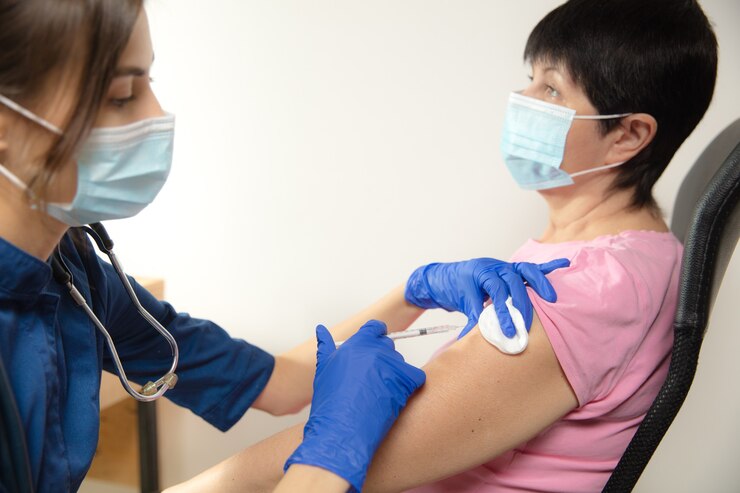Vaccination Schedule: Protecting Young Lives

Vaccinations play a crucial role in safeguarding the health of children, helping to protect them from potentially severe and life-threatening diseases.Read More
The Importance of Vaccination
Vaccines stimulate the immune system to recognize and combat pathogens. When a child is vaccinated, their body learns to recognize and fight specific bacteria or viruses without having to suffer through the actual diseases. Vaccination is a preventive measure that has led to the decline, and in some cases, the eradication of infectious diseases that once caused widespread illness and death.
Vaccination not only protects the individual child but also contributes to community immunity. When a significant portion of the population is vaccinated, the spread of diseases is curtailed, protecting those who cannot be vaccinated due to medical reasons. This herd immunity is particularly important for infants, elderly individuals, and those with compromised immune systems.
Understanding the Vaccination Schedule
The Centers for Disease Control and Prevention (CDC) provides a detailed vaccination schedule for children from birth through adolescence. Here’s a brief overview of the vaccines included in the schedule:
- At Birth: Hepatitis B vaccine (HBV) is administered within 24 hours after birth to protect against liver disease.
- 2 Months: Vaccines for diphtheria, tetanus, and pertussis (DTaP), Haemophilus influenzae type b (Hib), pneumococcal conjugate vaccine (PCV), inactivated poliovirus vaccine (IPV), and rotavirus vaccine (RV) are given at this age to protect against a range of serious infections.
- 4 Months: Additional doses of the DTaP, Hib, PCV, IPV, and RV vaccines are given.
- 6 Months: The third doses of the DTaP, Hib, PCV, and RV vaccines, as well as the second dose of the HBV vaccine, are administered.
- 12-15 Months: This visit includes the measles, mumps, and rubella (MMR) vaccine, varicella (chickenpox) vaccine, and the first dose of the hepatitis A vaccine (HepA).
- 4-6 Years: Booster doses of DTaP, IPV, MMR, and varicella are given to ensure continued protection before children enter school.
- 11-12 Years: The human papillomavirus (HPV) vaccine series, meningococcal conjugate vaccine (MenACWY), and Tdap booster are recommended to protect against infections as children reach adolescence.
Addressing Concerns
Parents often have questions and concerns about vaccines, including their safety and potential side effects. It’s essential to discuss these concerns with a healthcare professional, who can provide evidence-based information and support. Vaccines are extensively tested for safety and efficacy before approval and are continuously monitored for any adverse effects. The benefits of vaccination far outweigh the risks, as they prevent diseases that can cause significant harm to children.
Conclusion
Adhering to a vaccination schedule is a vital aspect of public health and individual well-being. Vaccines protect not only the vaccinated individuals but also the broader community, contributing to a healthier society. Parents are encouraged to stay informed about their child’s vaccination schedule, consult with healthcare providers, and ensure their children receive the necessary vaccinations on time. Protecting young lives through vaccination is a shared responsibility, and together, we can work towards a healthier future for all.
Related Posts

Supporting Maternal Health and Well-Being: Therapy Dublin

Starting a Business in Fertility Health: Company Formation Agent Ireland


